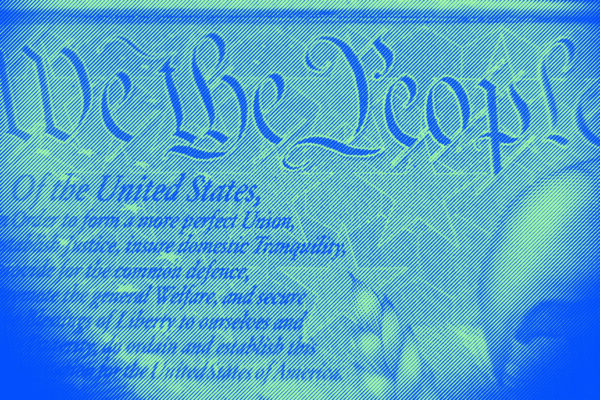
When the Constitution was ratified in 1788, it was nowhere near a perfect document. Black people, all women, low-income people, and Indigenous people were left out of the original promise of freedom and equality that America was founded upon. Our nation’s history has revolved around the struggle to achieve those goals.
To mark Constitution Day, the ACLU of Delaware and Delaware Historical Society partnered to create a toolkit for students and educators to discuss these issues. As part of this project, we interviewed experts on the Constitution and racial justice to talk about the impact of the First, Fourth and Fourteenth Amendments on the movement for racial justice. Watch those videos below, then share with your friends and family to spark discussions of your own on the United States Constitution and how it fits into the ideal of achieving racial justice.

